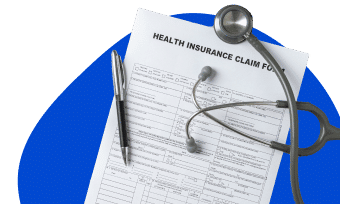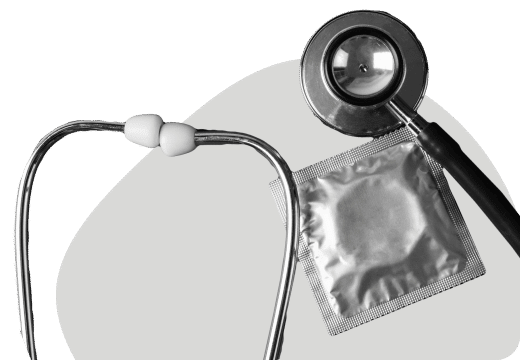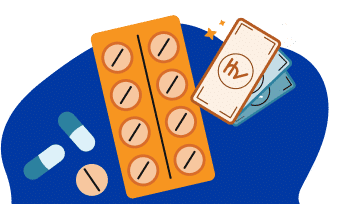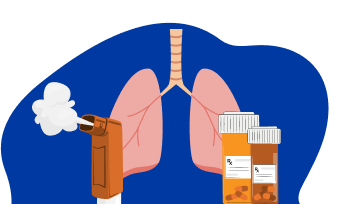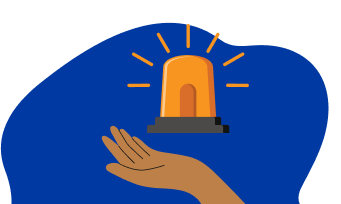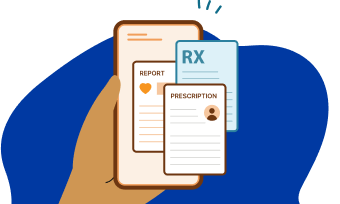Get ₹1 Crore Health Insurance Cover at ₹1 per day*

99% claim ratio
Check your Premium for FREE
No. of Adult (Max 2)
1
+Age : 18 - 70 yrs
No. of Children (Max 2)
0
+Age : 3 month - 17 yrs
Age of eldest member
?
Age : 18 - 70 yrs
Sum Insured
?
Existing Cover
?
Disclaimer: This is to confirm that the product is a Group Health Insurance policy created by Niva Bupa for Apollo registered users only.
Prioritize your loved ones and secure your future with Niva Bupa's premium calculator. Estimate insurance premiums seamlessly for transparent and informed financial planning. Trust us for peace of mind and a more secure future.
Factors for deciding Premium
Know your Group Health Insurance
What you get when you explore online
Benefits covered by a Health Insurance plan
Benefits not covered by a Health Insurance plan
Claim your Insurance in 4 steps
step 1
Show the ID & Health Card
Fill pre-authorization form & submit to the hospital
step 2
Approval from the insurer
Hospital requests cashless treatment approval
step 3
Reviewal of the documents
Insurer authorizes cashless treatment upon reviewal
step 4
Obtain cashless treatment
Hospital sends the bills to the insurer for settlement
Different types of Health Insurance
Reasons to get a Health Insurance
Factors for deciding Premium
Secure Your Family's Future. Let's Start Safeguarding Lives Together!
FAQs for Health Insurance
What is the right age to buy health insurance?
There's no 'right' age to buy a health insurance plan. However, it is recommended to start early. Early purchase locks in lower premiums and avoids exclusions due to future health conditions. Consider buying a plan in your 20s or 30s when premiums are lower and you are healthier.
Is undergoing a medical examination a must before buying a health insurance policy?
It depends on your age, the sum insured, and the insurance company's policy. The company might waive off the medical tests if you are younger and with lower sum insured amounts. However, medical tests are often mandatory if you are older or opt for higher coverage.
Can I buy health insurance if I have diabetes?
Yes, you can buy health insurance even if you have a pre-existing disease like diabetes. However, you may have to pay higher premiums or deal with exclusions for pre-existing conditions. Some insurers even offer specialised plans for diabetes. It is vital to disclose your diabetes diagnosis clearly during the application process.
What does cashless hospitalisation signify?
Cashless hospitalisation allows you to get medical treatment without making direct payments. The insurer settles the expenses directly with the hospital, provided you take the treatment within the network hospitals specified by the insurance provider.
When am I eligible to enrol my children in my health insurance coverage?
Most plans allow enrolling children from birth or 30 days later. Age limits and eligibility criteria vary depending on the insurer and plan.
What is a free-look period in health insurance?
The free-look period is a 15-day window after the policy purchase where you can review the policy terms and conditions. If unsatisfied, you can cancel and get a full refund (excluding taxes and any expenses incurred by the insurer).
Is it possible for a person to buy multiple health insurance policies simultaneously?
Yes, you can purchase multiple health insurance policies to enhance coverage. Each policy will contribute independently towards covering medical expenses. Consider coordinating benefits to avoid over-insurance.
Is it necessary for me to buy a separate health insurance plan even if I am covered by my employer's group policy?
It depends on your needs and the employer's plan coverage. Group plans might have limitations, like limited network hospitals or low sum insured. You can consider a top-up plan or individual health insurance for additional protection.
Will my health insurance expire if I switch jobs?
Individual health insurance policies are portable and continue even if you change jobs. However, if you are covered under a group health insurance plan, it might expire. Therefore, checking with your employer if the policy is portable is recommended.
Under which section can I claim tax benefits for health insurance?
Under Section 80D of the Income Tax Act, you can claim tax deductions for health insurance premiums paid for yourself, your spouse, dependent children, and your parents. This deduction is applicable only under the old tax regime.
Deduction Limits:
- Individuals below 60 years old: Up to Rs. 25,000 for self, spouse, and dependent children.
- Individuals aged 60 years and above: Up to Rs. 50,000 for self, spouse, and dependent children
- Additional deduction for parents who are senior citizens (aged 60 years and above): Up to Rs. 50,000 for parents' health insurance premiums.
- Additional deduction for preventive health checkups: Up to Rs. 5,000
What is the procedure for adding family members and elderlies to my existing medical insurance policy?
Contact your insurance provider and inquire about adding dependents. You might need to submit documents like birth certificates or marriage certificates. Please note that you will have to pay additional premiums for adding dependents to your health insurance plan.
How can I increase the sum insured if I already have a health insurance policy?
Most insurers allow increasing the sum insured when you request an enhancement during policy renewal. You might need to undergo a medical checkup, and premiums will increase accordingly.
Can I claim two health insurance policies together?
Yes, you can claim benefits from multiple health insurance policies simultaneously. However, the total claim amount received cannot exceed the actual expense incurred. This action is permissible only when the coverage from one policy is insufficient, so you submit a claim under another policy to cover the remaining costs.
Can I buy a health insurance policy in India if I am a non-resident Indian?
Non-resident Indians (NRIs) can purchase medical health insurance plans in India. Specific plans for their needs are offered by many insurance companies. However, the premium calculations might differ.
What is deductible in health insurance?
The deductible is a fixed amount you pay upfront before the insurance company starts covering your medical expenses. Choosing a higher deductible lowers your premium but increases your out-of-pocket costs.
What are underwriting charges in health insurance?
Underwriting charges are fees associated with the assessment of your risk profile. The insurer will charge this amount during the underwriting process, where they evaluate your health and determine the premium rates accordingly. This is usually a percentage of the sum insured.
How to get higher health insurance coverage at a lower premium?
To obtain higher health insurance coverage at a lower premium, you can consider policies with higher deductibles, maintain a healthy lifestyle, and compare quotes from different insurers to find the most cost-effective option. Additionally, opting for long-term policies may offer better rates.
How long does it typically take for my claim to be processed?
Claim processing time can range from a few days to several weeks, as it depends on the insurer, the claim's complexity, and the availability of all the documentation. Most insurers have online claim tracking tools where you can track updates.
What happens if my claim is denied? What is the appeals process?
If your claim is denied, you will receive a communication explaining why. Review the denial carefully and gather any additional supporting documents. Most insurers have an internal appeals process outlined in their policy documents. Follow the process and submit your appeal within the stipulated timeframe. If you are unsatisfied with the internal outcome, you may escalate to external grievance redressal mechanisms.
What happens to my coverage if I travel abroad?
Coverage for international travel depends on your specific plan. Some health insurance plans offer limited emergency coverage abroad, while others might require separate travel insurance. Check your policy wording or contact your insurer for clarification.
Will my premium increase at renewal? If so, by how much?
Health insurance premiums can increase at renewal based on various factors, like age, claim history, inflation, and policy changes. The increase can vary depending on these factors and the insurer's terms and conditions. Check with your insurance provider to get specific information.
What happens if I miss a premium payment?
Missing a premium payment can lead to a grace period (typically 15-30 days) to make the payment without penalty. After that, your health insurance coverage might be suspended or terminated, requiring reinstatement procedures and late fees.
Am I covered for dental or vision care?
Most basic health insurance plans don't cover dental or vision care. However, some insurers offer add-on riders or separate dental and vision insurance plans you can purchase. Check your policy details or contact your insurer for specific coverage information.









